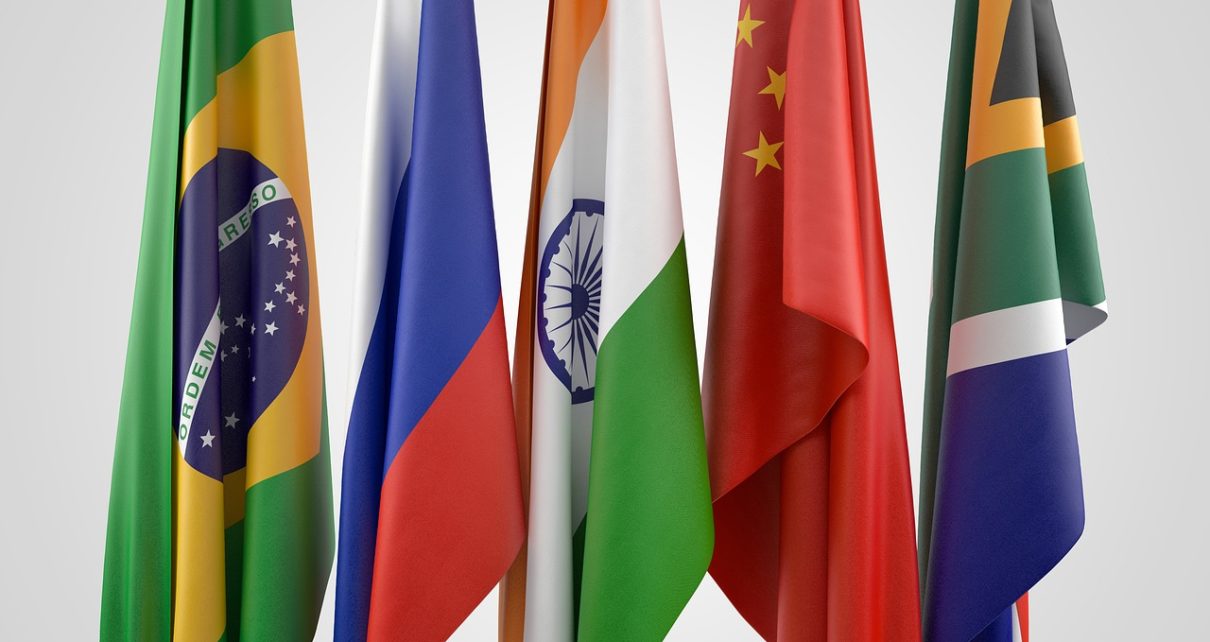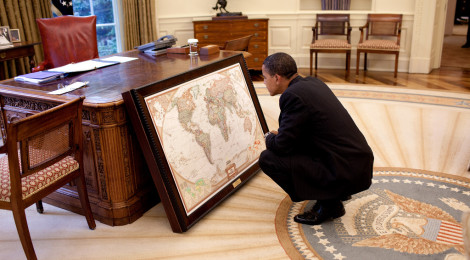Russia’s invasion of Ukraine has produced and accelerated significant geopolitical shifts that increase the chances of a future military conflict between NATO and non-NATO countries in an international system that was not suffering from a shortage of tensions.
Events in Europe continue to unfold very quickly. So far, though, the international response to Russia’s war should put to rest any doubt that the post-World War II liberal order will be championed by states that had no say in its design, notwithstanding the economic and other benefits countries like China and India have accrued from participating in that very system. Both these states also abstained from UN votes condemning Russia’s actions.
In an important work entitled “Perpetual Peace”, Enlightenment philosopher Immanuel Kant argued that peace for humanity will emerge either from the “great graveyard of the human race” or from the rational principles of universal law. To Kant, a peace established through reason also requires a normative consensus among nations on the international system’s moral legitimacy.
An overview of several major geopolitical developments in both the past week and century demonstrates that if the United States and like-minded allies seek to prevent a future global conflict, they cannot do so by exclusively relying on principles of an order that is considered anachronistic and illegitimate by major participants.
The Past Week
Russia and Ukraine agreed to continue negotiations adjourned on Monday after the first round of talks did not produce much headway. Their respective delegations initially met without preconditions, although the next day Ukraine demanded Russia cease all bombings before talks could resume.
This announcement came a few hours after Ukraine signed a formal request to join the European Union (which could prove to be an important bargaining chip in its negotiations with Russia). These talks are still taking place under Moscow’s heightened state of nuclear alert.
Fighting in Ukraine is very much ongoing and will likely continue even if Kyiv fully falls to Russian forces. Putin knows this will only strengthen Russia’s diplomatic position when negotiating a political settlement (though it will likely simultaneously strengthen Ukrainian resolve).
Traditional norms of American diplomacy, which impose clear separations between the end of armed conflict and the start of official diplomatic negotiations, are less applicable in this context.
However, even if Russia succeeds in annexing another part of modern Ukraine and weaponizing the refugee crisis it has created against the EU, any territorial or other gains will be vitiated by Putin’s isolation of himself and Russia from the liberal international order, which has happened in too many ways to list over the past week.
The clear discontent expressed even by some of Russia’s own diplomats may create interesting opportunities that Western intelligence services can exploit in Russian embassies and consulates around the world, even as the United States expelled a dozen Russian UN diplomats from UN headquarters in New York for espionage activities.
Russia’s overall isolation is best epitomized by the U.S., Canada, EU and U.K. removing Russian banks from the international payment network, SWIFT. Isolating Russia from the liberal order’s most integral institutions has also given momentum to nations like China, who have actively been establishing alternative international systems. For example, calls in Asia for Russia to adopt the Chinese international payment system, CIPS, started even before Russia was actually banned from SWIFT.
Furthermore, Germany’s historic domestic proposal to constitutionally commit itself to spending a minimum of 2% GDP on defence now means two major former Axis powers that developed post-war constitutions containing anti-militarism clauses—Germany and Japan—are rearming and preparing for 21st century conflict with encouragement from the very Allied nations that sought to restraint their militarism 70 years ago.
The Past Century
China and India did not participate in the Yalta, Potsdam, and Bretton Woods conferences that shaped the essential political and economic features of the postwar international order, including the role played by the Soviets in Eastern Europe.
Although the Soviet Union was a very active participant in the creation of this order, its collapse in the Cold War and subsequent NATO enlargement transformed Russia’s perception of the system into one that no longer reflected its legitimate interests, with the consequences being felt to this day.
Despite this, China, Russia, and India have benefitted to various extents from participating in a system they consider flawed. This is particularly true of China, which continues to strategically and selectively participate in international liberal institutions to accelerate its own economic growth and development.
Growing and shared frustrations among countries that feel less obliged to defer to a system they see as created for another’s advantage have spurred national partnerships like BRICS, which promote policies for alternative international systems (like China’s international payments system, CIPS).
An example of what such an alternative system portends has already been shared with the world by China through its expansive One Belt One Road initiative, which also contains proposals for technological standards and specifications that China hopes will globally supplant those of the U.S. via a Digital Silk Road.
China and Russia importantly declared a “no limit” partnership during the recent Winter Olympics in Beijing, which was largely unattended by Western leaders. Less than a week following this declaration, Russia recognized the independence of Donetsk and Luhansk and initiated military operations in Ukraine.
After a recent call between the Chinese and Ukrainian foreign ministers, China declared that it is ready to play a role in the Ukraine ceasefire. Most tellingly, it has refused to recognize Russia’s attack as a violation of Ukraine’s sovereignty and requested that Russia delay its invasion of Ukraine until the closing ceremony of the Olympic Games in Beijing.
Both China and India are quite familiar with the challenges posed by supporting their own ethnic populations in regions that are filled with other significant ethnic minorities and that they view as “breakaways,” like Xinjiang, Tibet or Kashmir.
How China manages future challenges in those regions and pursues its strategy of reunification with Taiwan will undoubtedly be influenced by how America and its allies collectively respond to Russia’s irredentism in the context of a changing international order.
In conclusion, if the U.S. wants to prevent a future military conflict with an adversary more powerful than Russia, over a very similar issue, then it has to muster the diplomatic creativity and political will required to play a leading role in redesigning the current international system or risk receding into illegitimacy and being excluded from its redesign (much like China and India had been in earlier decades) as other major participants seek, and perhaps even acquire, alternative means to address security concerns they consider legitimate.
Flags of BRICS countries (25 December, 2017) by “slon_pics” via PixaBay. Licensed under PixaBay License.
Disclaimer: Any views or opinions expressed in articles are solely those of the authors and do not necessarily represent the views of the NATO Association of Canada.




